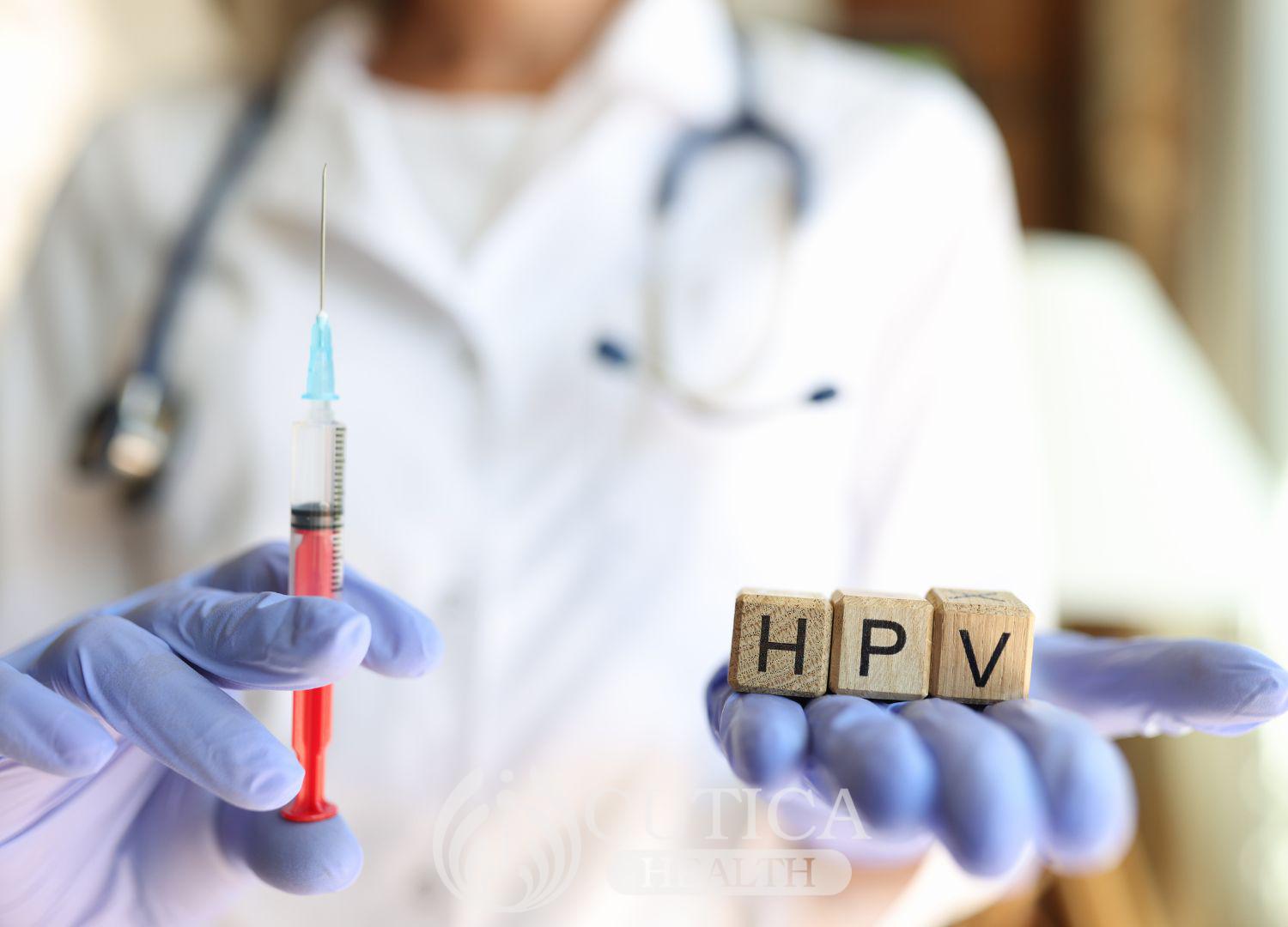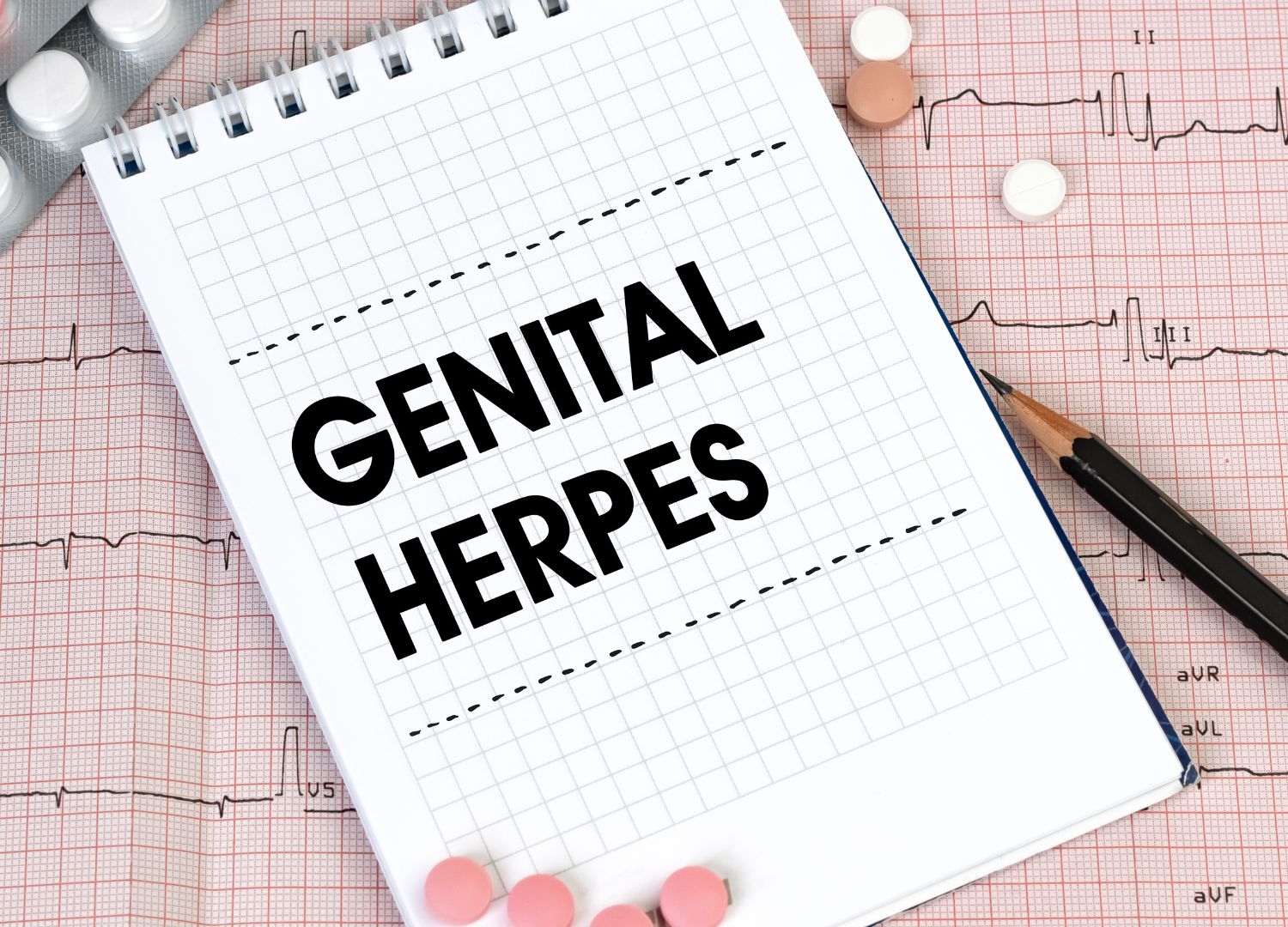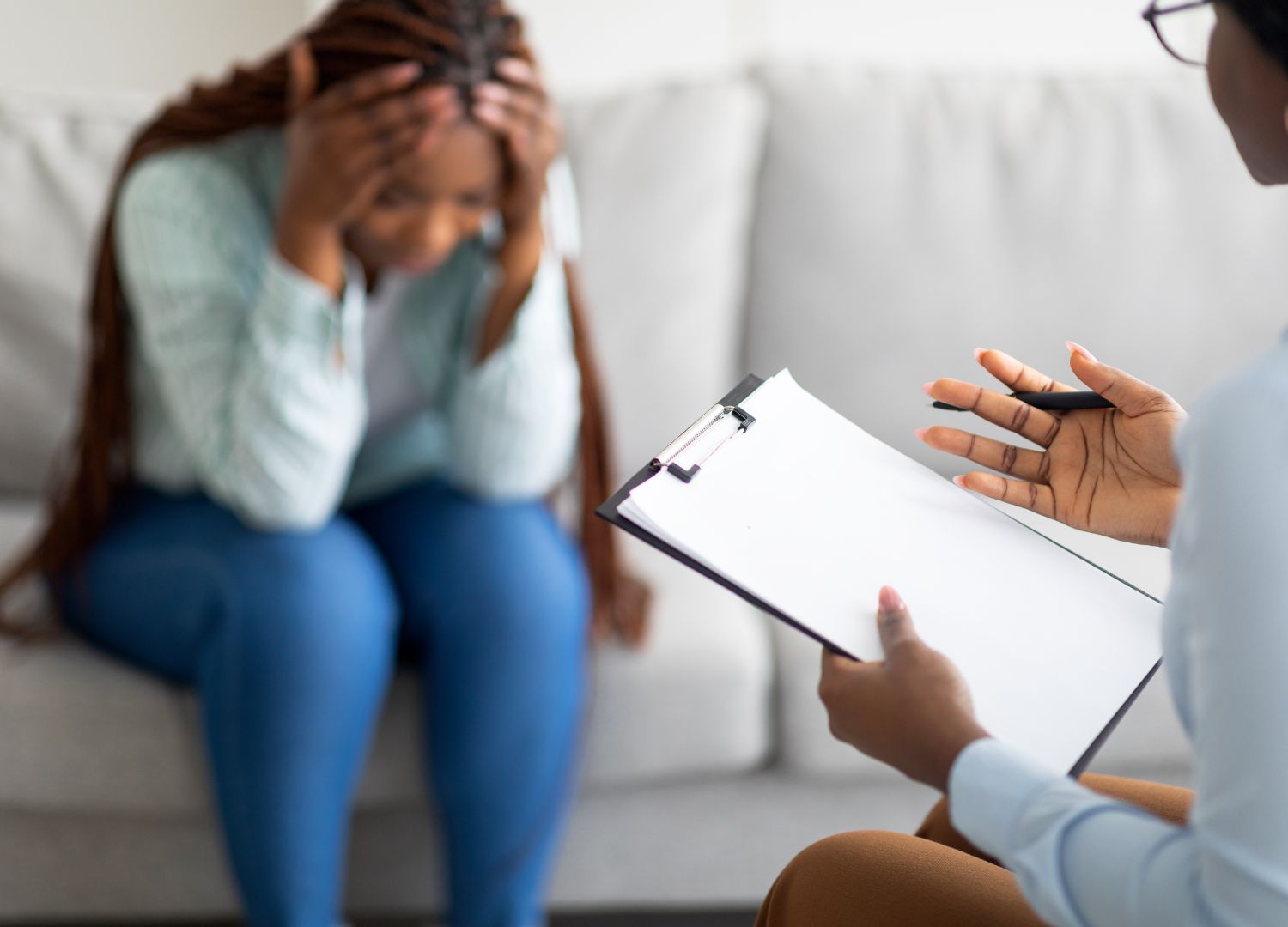
HPV Vaccination: Facts vs Fiction
The introduction of Human Papillomavirus (HPV) vaccination into the routine National Program for Immunization on 24 October 2023 na landmark achievement for the country.
Nigeria dey aim to reach 7.7 million girls for single round of HPV vaccination, the highest number for African Region.
E come dey surprising say this move meet a lot of resistance from groups wen dey spread misinformation about the vaccination . Dem dey link am falsely to death, cancer, infertility, paralysis, etc.
All these supposed complications nor dey true so the need to clear the air dey necessary.
Introduction
Human Papillomavirus (HPV) na widespread viral infection wen fit lead to many health issues, including cervical cancer, genital warts, and other complications.
Fortunately, vaccines dey available to protect against HPV, but like many medical topics, misinformation and myths go full everywhere .
For this article, we go enter into the world of HPV vaccination to separate facts from fiction, to make sure say you get the right information so you go fit make informed decisions about your health.
Fact: HPV Vaccines Prevent Cancer
The HPV vaccine don dey proven say e dey highly effective to prevent different types of cancer. And em include cervical cancer, wen dey primarily caused by HPV. E fit also prevent oral cancers, anal cancer, and vagina cancer wen dey caused by HPV.
The vaccine dey help the immune system build defense against the virus, that one go reduce the risk of infection and subsequently, the development of cervical cancer.
Fiction: HPV Vaccines na Only for Females
One of the most common myths na say HPV vaccines na only for females. This one nor be true . But, for Nigeria, only female adolescents within the age range of 9-14 years fit get access to this vaccine based on the immunization schedule.
This na because the Nigerian government vaccination campaign dey currently focused on girls because cervical cancer, wen dey only affect women, na the focus of the government for this time.
HPV fit affect everyone, e nor matter the gender. The vaccines dey recommended for both males and females to prevent the spread of the virus and reduce the risk of HPV-related cancers and other complications.
Fact: HPV Vaccination is Safe
HPV vaccines, like any other vaccines, don undergo rigorous testing to make sure of their safety and effectiveness. Extensive research and clinical trials don demonstrate say HPV vaccines dey safe for most people.
Dem first recommend HPV vaccine for 2006 and e don show say e dey reduce HPV-related cancers by as much as 80%. Common side effects, like all vaccines, dey usually mild, like pain for the injection site or low-grade fever. Serious side effects dey very rare .
Fiction: HPV Vaccines fit Cause Infertility
Some misinformation don suggest say HPV vaccines fit lead to infertility. The vaccines nor dey affect fertility. In fact, preventing HPV infections and related complications fit help protect reproductive health by reducing the risk of conditions like cervical cancer, wen fit impact fertility if dem leave am untreated.
Fact: HPV Vaccination dey Most Effective Before Sexual Activity Begins:
The HPV vaccine dey most effective wen dem administer am before person start to dey sexually active. E dey recommended for preteens and teenagers, around age 11 or 12. This na because the vaccine dey work best when the immune system neva dey exposed to the virus. But, people wen don already dey sexually active or dey older fit still benefit from the vaccine, cos e dey protect against multiple strains of HPV.
Fiction: HPV Vaccines Dey Encourage Risky Sexual Behaviour
No scientific evidence dey to support the idea say HPV vaccines dey encourage risky sexual behavior. These vaccines dey designed to prevent HPV infection and em consequences, nor be to promote sexual activity. To encourage vaccination dey about safeguarding public health and preventing disease.
Fact: Multiple Types of HPV Vaccines Dey Available
Currently, na several HPV vaccines dey the market. These vaccines dey protect against various HPV strains wen fit cause cancer and warts. Your healthcare provider go help you choose the most suitable vaccine for your age and specific needs.
Fiction: Natural Immunity Dey Better Than Vaccination
While na true say some people fit develop natural immunity to HPV after infection, e nor dey reliable or nor be safe strategy to take protect against HPV-related diseases. Natural immunity fit dey unpredictable, and the risk of developing cancer or other complications without vaccination dey far greater.
Conclusion
To separate facts from fiction about HPV vaccination dey important to help people make informed decisions about dia health or the health of your loved ones.
The HPV vaccine na safe and effective tool for the fight against HPV-related diseases, including cancer. If you dey vaccinated and you dismiss myths, you don take active role in the prevention of HPV and em potentially life-threatening consequences.
Consult with your healthcare provider to determine the most appropriate vaccination plan for you or your pikin.












